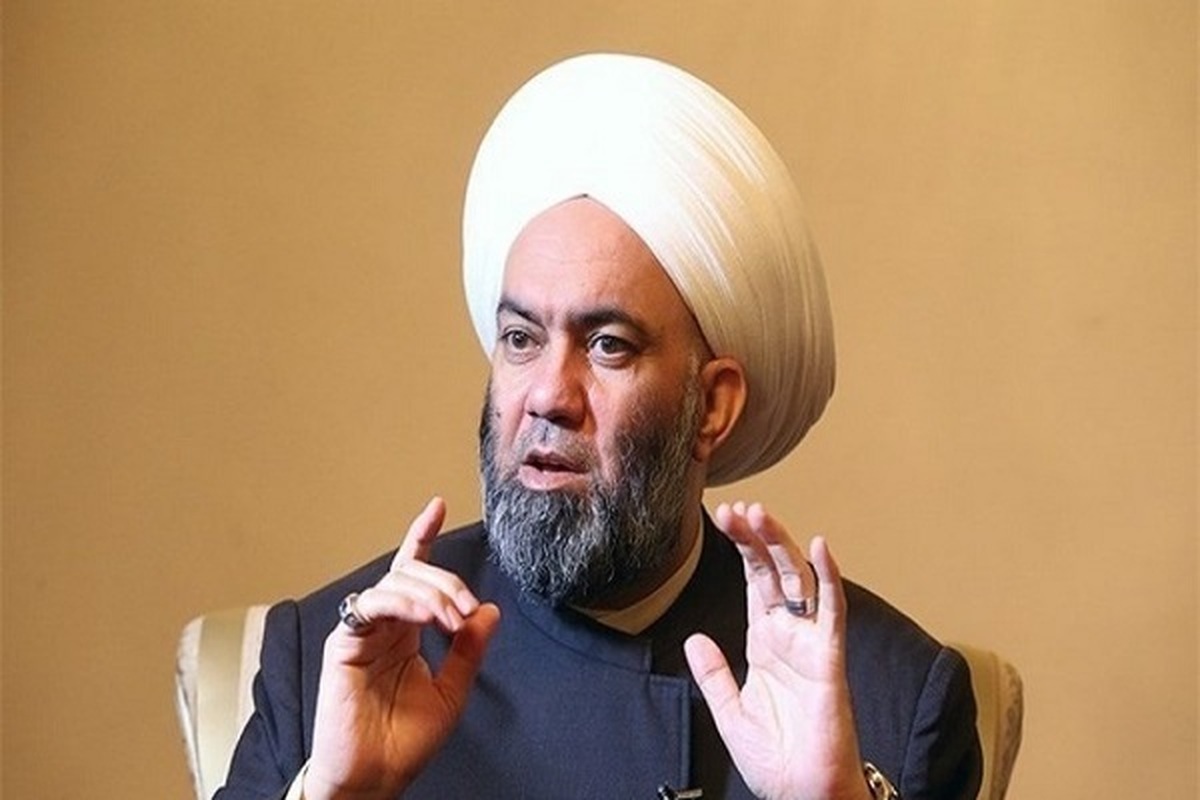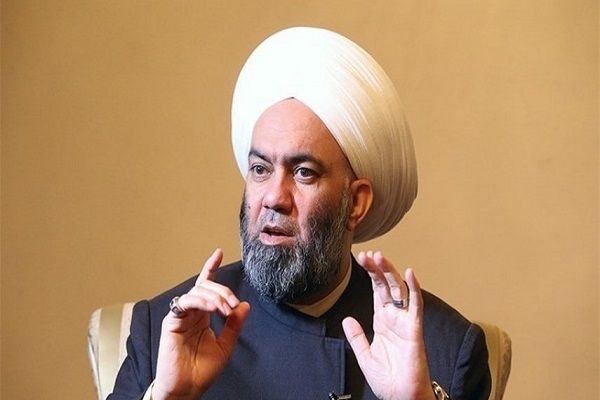Iraqi Sunni Scholars Association Condemns US Attacks on PMU Positions


In a post on X, formerly known as Twitter, Sheikh Khaled al-Mulla described the onslaughts as a sign of Washington’s enmity and an indication of its anger over the Israeli regime’s humiliating defeat in the Gaza Strip.
“Silence on this crime is not acceptable. The blood of our children is precious and there should be no failure (in responding to the crime),” he added.
Yahya Rasoul, the spokesman for Iraq’s Armed Forces, also slammed the attacks as a brazen violation of Iraq’s sovereignty.
“In a clear determination to harm security and stability in Iraq, the United States has resumed carrying out airstrikes against the locations of Iraqi military units from the army and the Popular Mobilization Forces, in the areas of Jurf al-Nasr and al-Qa’im,” Rasoul wrote.
He warned that the unacceptable move could lead to irresponsible escalation of tensions.
Early on Wednesday, the US targeted with missiles a number of sites in western Iraq, including al-Qa’im town near the Syrian border, as well as Jurf al-Nasr town in the southwest of Baghdad.
The military sites and facilities belonged to Iraq’s Armed Forces and anti-terror Iraqi resistance groups, including the PMU, known as Hashd al-Sha'abi, and Katai’b Hezbollah.
Read More:
During the latest US aggression, two people were reportedly killed and two wounded in the bombardments in al-Qa’im town.
In response, Iraqi resistance forces targeted a US-occupied military facility in neighboring Syria and Ain al-Asad Air Base in Iraq’s western province of Anbar, vowing to continue their operations against the occupation military bases.
Anti-US sentiment has been growing in Iraq since the assassination in January 2020 of Abu Mahdi al-Muhandis, the deputy head of the Popular Mobilization Units, along with the region’s legendary anti-terror commander General Qassem Soleimani in Baghdad.
They were targeted along with their companions on January 3, 2020 in a drone strike authorized by former US president Donald Trump near Baghdad International Airport.
4195715



